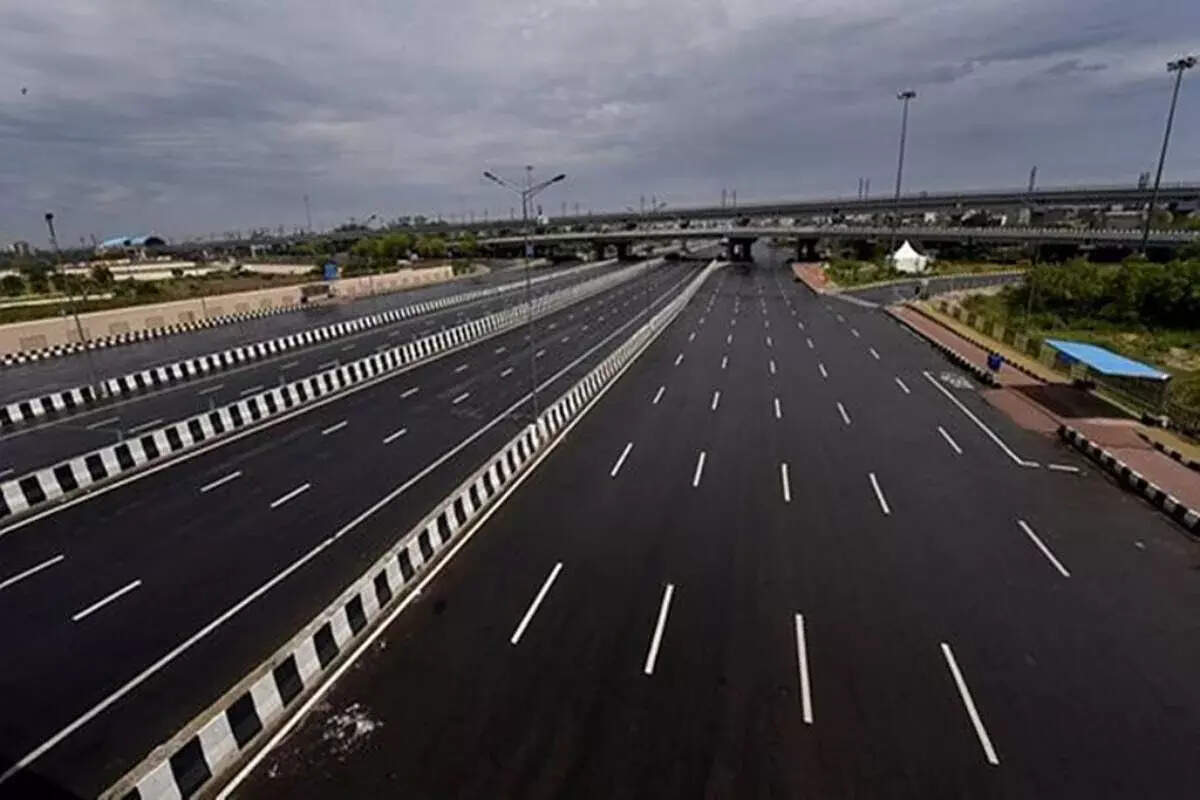
Kolkata: Despite rating agency Crisil’s forecast that the National Highways Authority of India awarding may “slow down to 5,000 km annually over the current fiscal and the next”, the government-owned agency is confident of meeting its project awarding target of 6,500 km this year, an official said. The authority also remained confident of achieving its goal of constructing 5,000 km of national highways during the current fiscal, NHAI chairperson Alka Upadhyaya said.
Crisil in its latest report said, “NHAI awarding may slow down to 5,000 km annually over this fiscal and the next, after a sequential rise from merely 2,222 km in fiscal 2019 to 6,306 km in fiscal 2022.”
The National Highways Authority of India had awarded projects for a total length of 6,306 kilometres in the last financial year, while the agency constructed 4,325 kilometres of highways. The capital expenditure by NHAI for highway infrastructure reached an all-time high of Rs 1,68,770 crore during FY22.
“We will award contracts for 6,500 kms and will construct 5,000 kms in the current fiscal,” NHAI chairperson Alka Upadhyaya told PTI.
The rating agency also said that a “limited rise in budgetary support, coupled with higher capex (capital expenditure) for 70 per cent of high-value expressways currently under construction, could defer NHAI awards under Bharatmala Phase 1 beyond fiscal 2024 – the year construction was originally scheduled to be completed”.
“About 40 per cent of detailed project reports, ready projects under Bharatmala Phase 1 are yet to be awarded,” the rating agency said.
However, NHAI chairperson said they will be able to “award contracts for 30,000-31,000 km by 2025. So far 576 projects of the length of 20,368 kms had already been awarded under the programme”.
Bharatmala Pariyojana is India’s largest highway infrastructure programme with the development of 34,800 km of National Highway corridors at an investment of Rs 5.35 lakh crore.
The authority expects to award 60 per cent of its projects under the hybrid annuity model (HAM), while engineering, procurement and construction (EPC) contracts will be another 30 per cent.